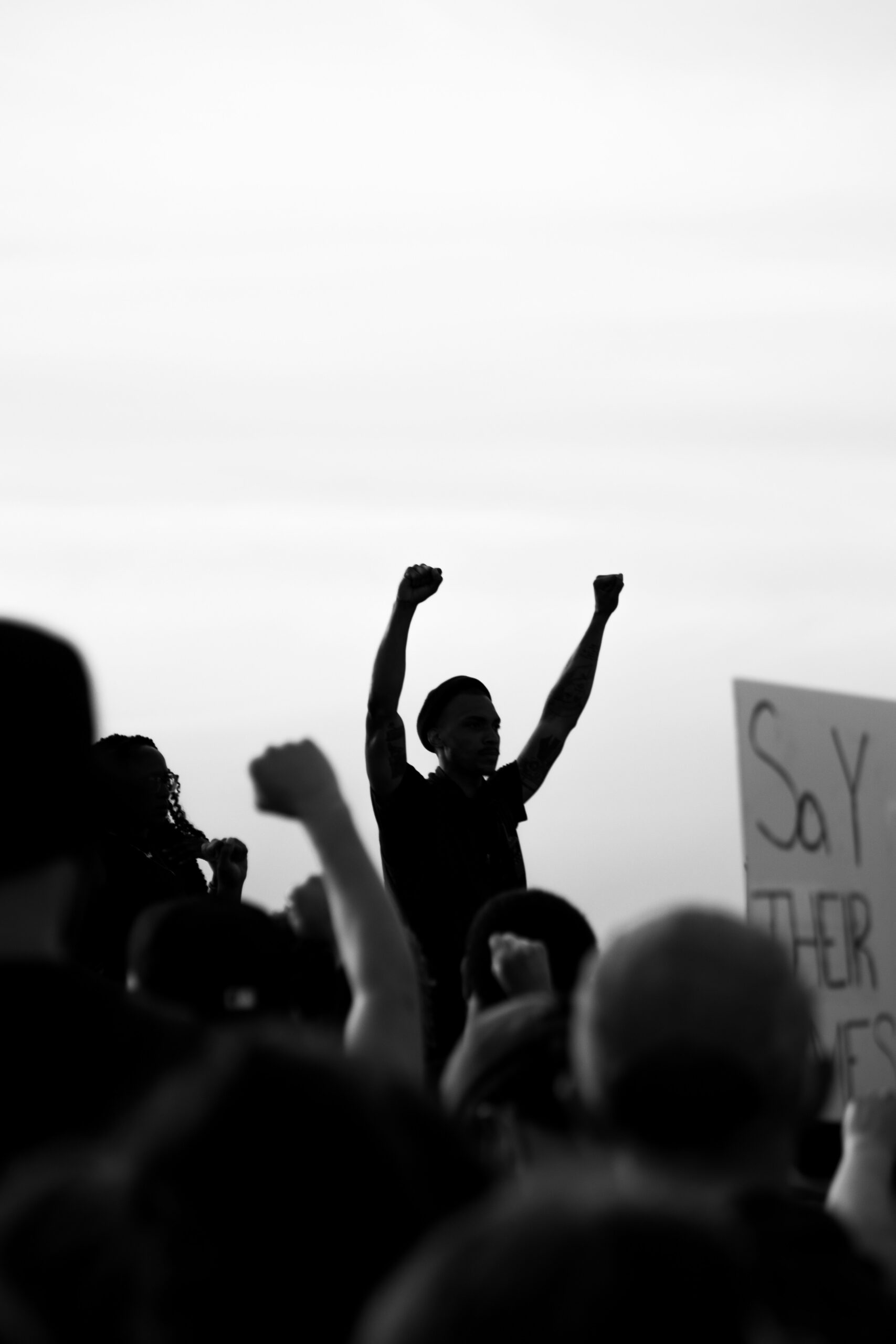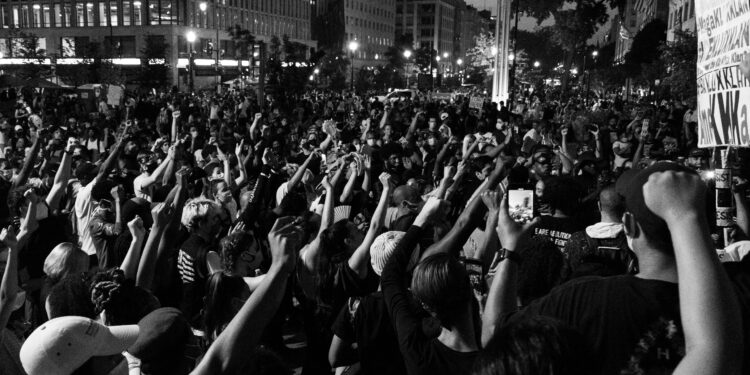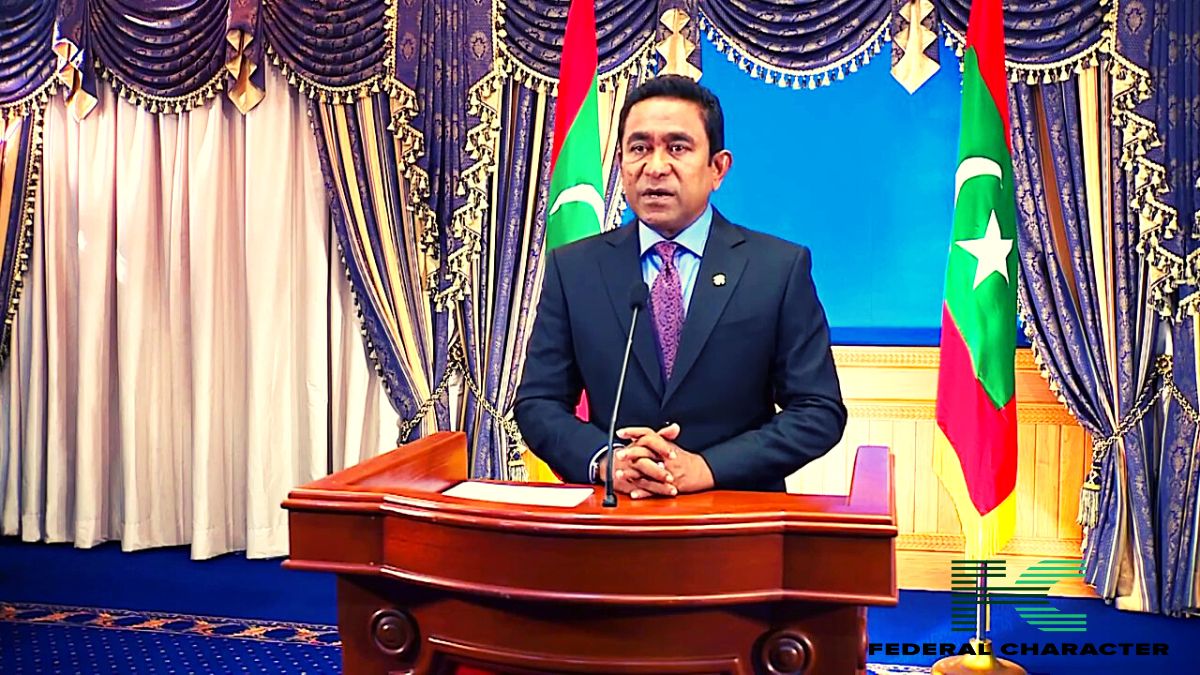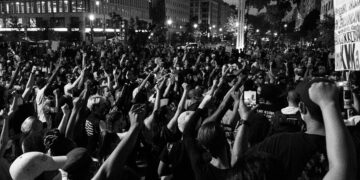The birthplace of the Arab Spring is exploding in a second revolution, as thousands of Tunisians dressed in the black of mourning stormed the capital Saturday, accusing President Kais Saied of transforming their nation into an “open-air prison” and demanding the return of their stolen democracy.
In a stunning display of unity, a fractured opposition came together, with activists, NGOs, and ordinary citizens chanting “The people want the fall of the regime!“—the very cry that ignited the Middle East over a decade ago. The massive protest is the latest in a volcanic wave of dissent that has shut down banks, hospitals, and public transport, proving Saied’s one-man rule has pushed the nation to the brink of total collapse.
The protesters’ grief is backed by brutal facts. Amnesty International confirms a “critical” crackdown, with arbitrary arrests, frozen assets, and suspended NGOs becoming the new norm. With most opposition leaders now jailed and the judiciary dismantled, Saied’s denial of being a dictator rings hollow against the image of a father protesting the imprisonment of his son, declaring, “We will never give up.”

Why It Matters
A ghost from the past coming to haunt a would-be dictator. The chants, the black clothing, the sheer fury—it’s 2011 all over again, but this time the target is a man who rode the first wave to power only to become the very tyrant he promised to overthrow. Saied isn’t just facing political opposition; he’s facing a nation’s collective trauma of trading one strongman for another.
The regime’s fierce crackdown is a sign of profound weakness, not strength. By jailing his critics and dismantling the courts, Saied has admitted he cannot win in the arena of ideas. But he’s made a fatal miscalculation: you can’t imprison an entire population’s desire for freedom. Tunisia is showing the world that the spirit of the Arab Spring wasn’t a one-time event—it’s a permanent flame that reignites whenever a new dictator tries to snuff it out.














